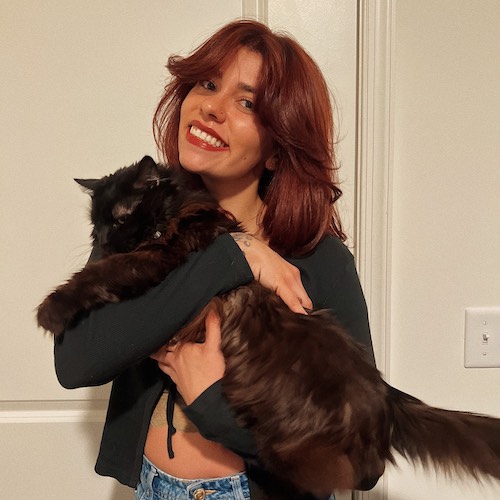Veterinarians do many jobs beyond just performing annual exams on household pets. Below, we’ve laid out 5 of the main types of veterinarians & what they do!
1. Companion Animal Veterinarians
If you ever dreamed of being a veterinarian as a child, this is likely what you envisioned.
This type of veterinarian is also commonly known as a small animal veterinarian.
They work a similar day as your human primary care physician, seeing scheduled patients & sometimes, depending on the type of practice they work in, seeing emergency patients.
The American Veterinary Medical Association (AVMA) reports about 75% of all veterinarians in private practice work mostly or exclusively with companion animals.
2. Specialist Veterinarians
Veterinarians can specialize, just like human doctors!
The AVMA recognizes 46 veterinary specialties. Some of those specialties include:
- Pathology: studying diseases
- Radiology: using imaging to prevent & treat disease
- Surgery: performing advanced procedures
- Microbiology: studying microorganisms such as bacteria and parasites
To achieve board certification in one of these specialties, the veterinarian must commit to an additional 3-4 of training after graduating.
Veterinarians can also specialize in a particular species or group of animals, unlike your physician, who only deals with one.
Some of the different species you can specialize in (other than the above companion animals) are:
- Equine (horses)
- Avians (birds)
- Reptiles & amphibians
Additionally, non-specialized veterinarians often lean on specialists’ expertise. For example, a companion animal veterinarian may consult a veterinarian specializing in pathology when their expertise is needed on a unique disease or issue a pet has.
3. Food & Large Animal Veterinarians
Food animal veterinarians work primarily with animals raised for human consumption to ensure products are safe to eat!
These veterinarians are also sometimes referred to as large animal veterinarians.
They primarily work with animals such as:
- Cattle (both dairy & beef cows)
- Swine (pigs)
- Poultry (chickens)
- Sheep & Goats
These types of veterinarians ensure the welfare of food animals and work to prevent and control disease. They can work in their own practices, government agencies, or research/university hospitals.
4. Food Safety and Inspection Veterinarians
Though food animal veterinarians and food safety veterinarians both work on ensuring products are edible, they are not necessarily the same.
Food safety and inspection vets often work for the US Food and Drug Administration (FDA) and help enforce regulations.
These veterinarians inspect livestock and animal byproducts to ensure they’re safe for consumption. They may also quarantine infected animals to prevent illness from spreading to other animals and humans.
5. Research Veterinarians
All veterinarians have a strong sense of knowledge, but if you were obsessed with writing lab reports in school, this is the field for you.
Research veterinarians may work for government organizations, biomedical research firms, or universities. Some research vets may even become a professor in a college veterinary program.
Vets employed by schools and government agencies are goal-oriented; the goal is to work towards bettering methods for diagnosing and treating, and preventing health conditions.
Some veterinarians work with biomedical or pharmaceutical companies to develop or test drugs before distribution.
Want to become a veterinarian?
Check out our guide on How to Apply for Veterinary School.




.gif)

